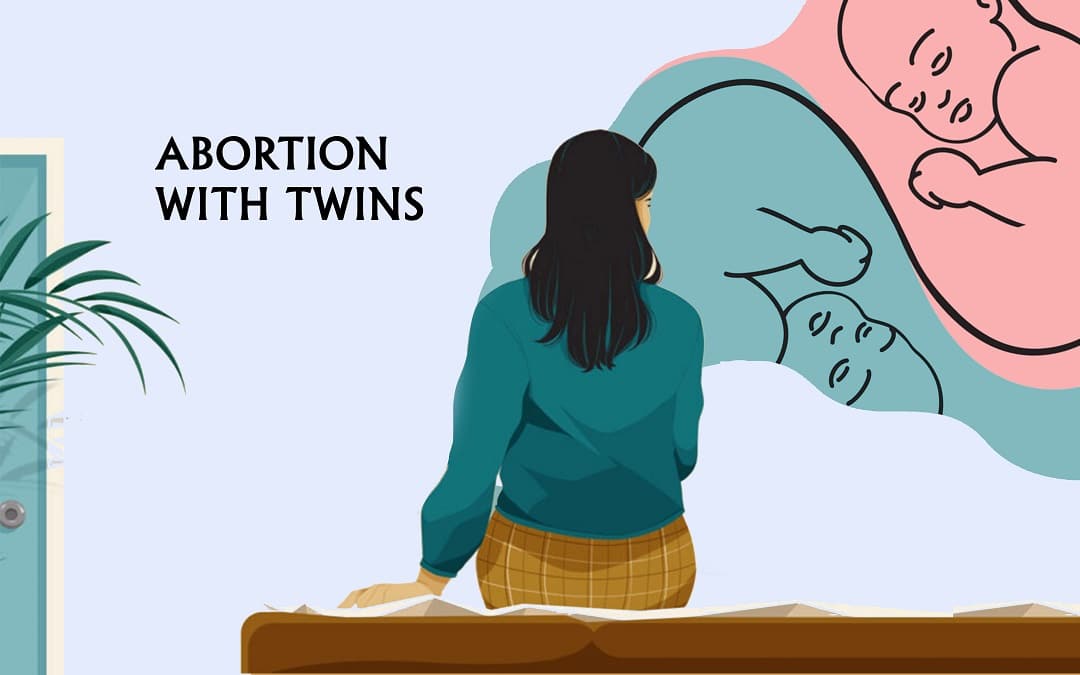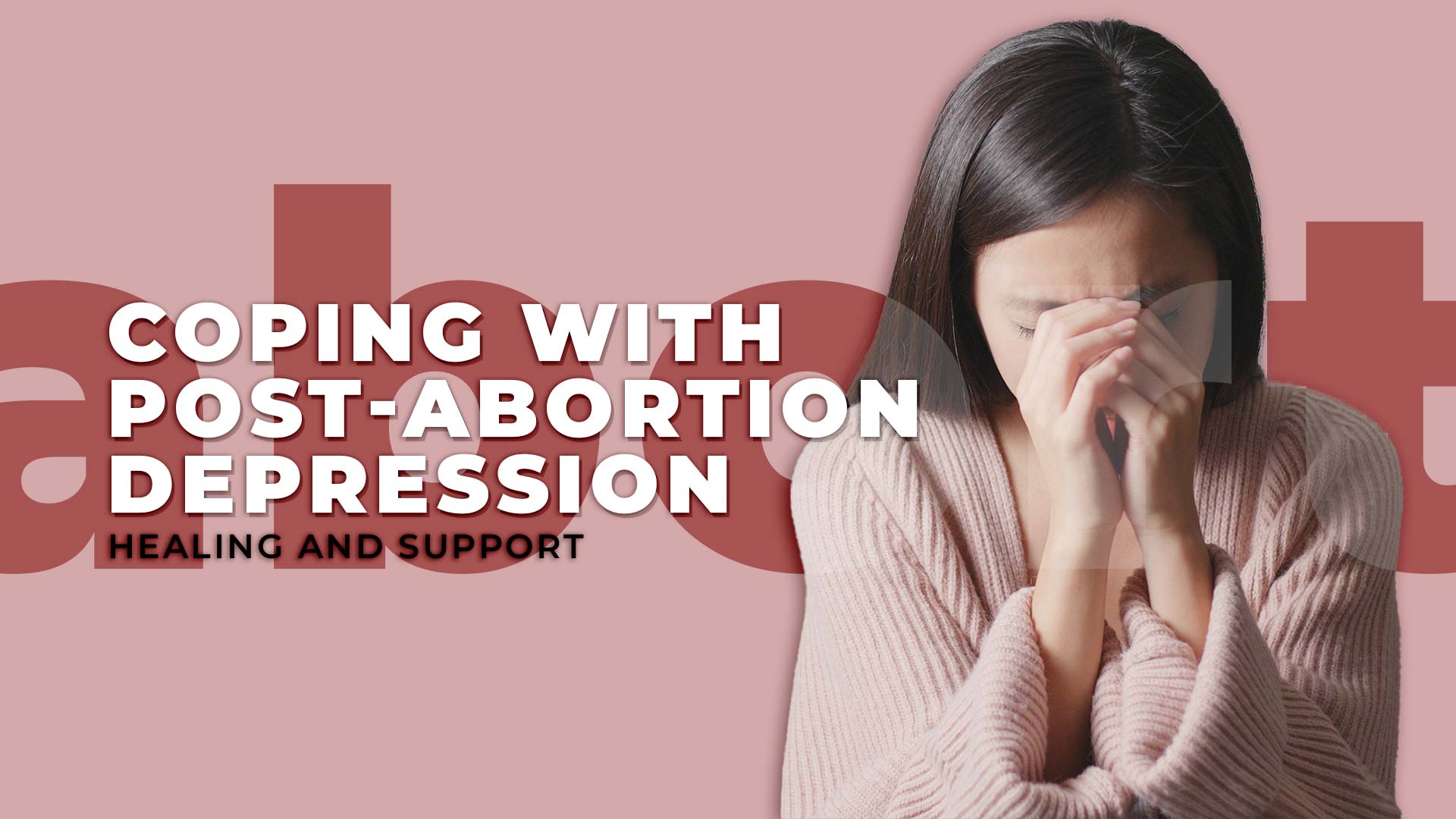The majority of the abortion procedures that are carried out are in the first 12 weeks of the pregnancy. Having a baby is the biggest step of any woman’s life, and having twins can be even more daunting. Whether because of emotional, physical, or financial reasons, not everyone is equipped to handle everything that goes into giving birth and taking care of a child. Aborting a twin pregnancy may seem like having two abortions mentally but the experience is similar to the termination of a single fetus pregnancy. It is completely safe and many options are available depending on your health conditions and the duration of the pregnancy.
What Should You Know About Abortion?
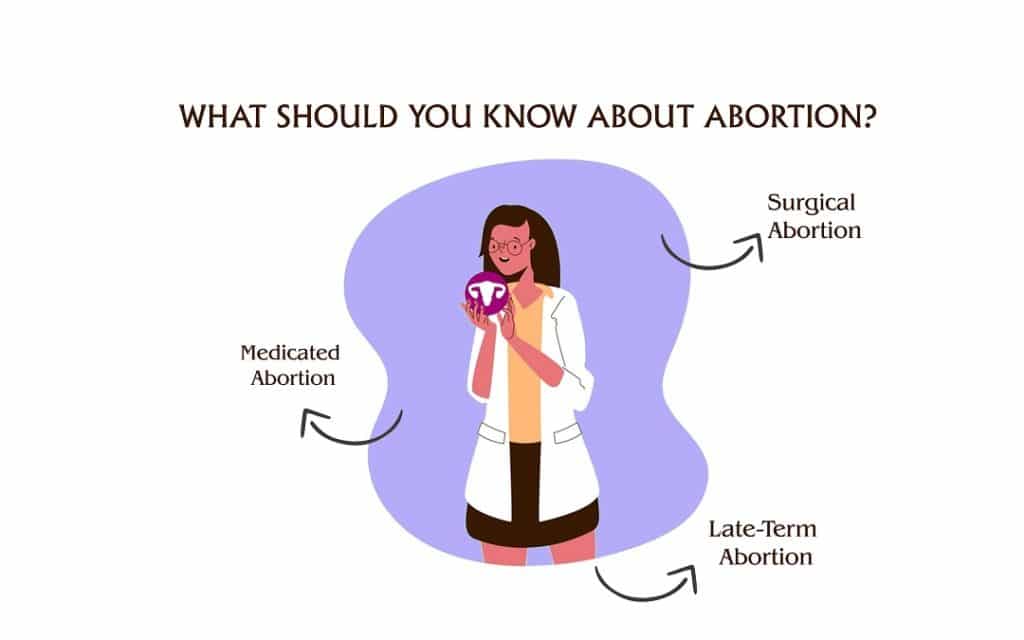
Abortion is a medical procedure wherein a pregnancy is ended with help of either a surgical procedure or with the use of a combination of medications.
Medicated Abortion
- Medicated abortion is usually advised for the early first-trimester pregnancy, up to 10 weeks of pregnancy.
- It involves the use of a combination of two drugs, Mifepristone & Misoprostol, to end a pregnancy.[4]
- The first medication administered in this technique is Mifepristone 200 mg which is an anti-progestin that arrests the further development of the pregnancy by stopping the action of a crucial pregnancy hormone, progesterone. It has to be taken orally, either in the presence of a medical professional or in the comfort of your house.
- The second pill is a prostaglandin Misoprostol 200 mcg that is taken 24-36 hours after the use of the first tablets. It helps in the removal of fetal tissue and the uterine lining that has grown to support the growth of the fetus by facilitating uterine contractions. You need to use four tablets of Misoprostol 200 mcg either by placing it in the buccal cavity or your vaginal tract and leaving it to be slowly absorbed by the membrane.
- With severe uterine cramps and heavy bleeding, the abortion is completed within 72 hours of consuming the tablets and resembles the process of a natural miscarriage.
- The abortion kit or the MTP kit is also available in the market that contains a combination of both medicines and complete instructions.
Surgical Abortion
- First Trimester Vacuum Aspiration
Also known as suction abortion, vacuum abortion is the most common in-clinic abortion procedure for up to 12 weeks of pregnancy. This technique doesn’t require any major preparation and is completed within 5 minutes.
- The doctor will conduct a pelvic examination to ascertain whether your cervix needs dilation or not.
- Usually, small sterilized sticks made of seaweed are inserted into the vaginal opening which expands on absorbing the moisture.[5]
- Then, a speculum will be inserted into the vaginal opening to keep your vagina open for the procedure.
- The doctor will then smear an antiseptic solution on your vagina and cervix.
- Then, your cervix will be injected with local anesthesia.
- A suction machine will then be inserted into your vaginal opening to reach the uterus to remove its contents.
- Once the procedure is over, your doctor will keep you under observation for 30 minutes before letting you go home.
- Second Trimester Dilation and Evacuation
For pregnancies that have crossed 12 weeks, abortion is carried by the procedure known as dilation and evacuation which takes about 10-20 minutes.
- Before undergoing the actual procedure, medics will prepare your body by dilating your cervix with help of the seaweed sticks.
- To soften the vagina, doctors sometimes prescribe a buccal or vaginal administration of the Misoprostol tablets.
- Once your cervix is ready, your vagina and cervix will be swabbed with an antiseptic solution and injected with local anesthesia.
- Then with the help of a gripping tool, your cervix will be held in place.
- With the use of forceps and a curette, the doctor will clear out the contents of your uterus.
- An ultrasound is used for shepherding the procedure and confirming that everything has been cleared out.
- In some cases, a medication to stop the fetal heartbeat is sometimes administered before the procedure.
- After a 30 minute observation, you will be free to leave.
- Late-Term Abortion
Abortions in the late second trimester or third trimester are rare and are conducted only in cases of some severe medical issues concerning the fetus or mother. Once the doctor has confirmed the duration of your pregnancy via ultrasound, you will be given something to help with the dilation and softening of the cervix, and an injection to ensure the demise of the fetus. The rest of the procedure is similar to second-trimester dilation & evacuation.
What Is Twin Pregnancy?
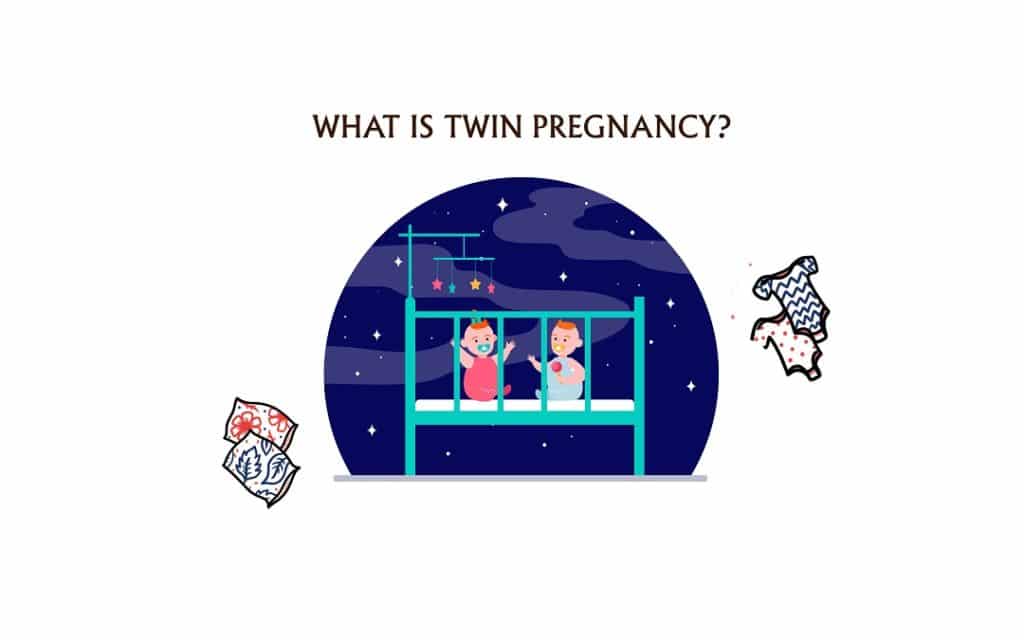
A pregnancy with two fetuses is called a twin pregnancy. It can occur because of two natural processes.
- It happens when two eggs get released during ovulation and the sperm fertilizes both of them. Or,
- A single fertilized egg splits into two identical embryos.
This may result in the implantation of more than one embryo to the uterine wall, thus establishing twin pregnancy.
Why does it occur?

A twin pregnancy can occur naturally or may be a result of hormonal treatment therapy to induce menstruation or IVF (in vitro fertilization) treatment. Fertility drugs may cause more than one egg to be released during ovulation, and thus the chances of having multiple pregnancies get high. Moreover, women who are above the age of thirty-five have higher chances of having multiple pregnancies as the body starts releasing more than one egg at a time.
Abortion Options For Twin Pregnancy?
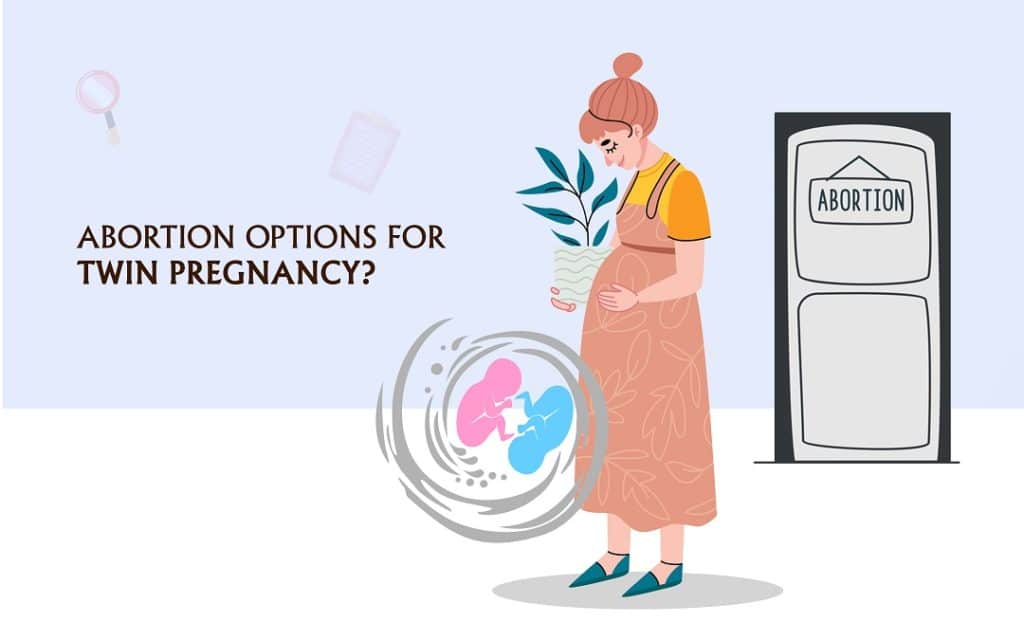
To end a twin pregnancy, any of the above-listed methods can be used depending on the results your doctor finds, your gestational age, or any health concern. The abortion pills have no contradiction in the case of a twin pregnancy.
- Abortion by use of pills could be favorable for early pregnancies, less than 12 weeks of gestational age. Abortion of twins during the first trimester was studied and as per the results, 91% of the women with twin pregnancies were successfully treated with abortion pills.[1]
- The surgical procedures, although invasive, are more suitable for later pregnancies and provide effective outcomes. These procedures are usually carried out in cases of medical emergencies. There have been no known additional complications associated with twin pregnancy.[2]
The duration of the procedure and its recovery time remain similar to that of a singleton pregnancy. The common side effects associated with the procedure are managed with help of additional medications or other aids that are usually prescribed by the doctor. The risks for any major side effects such as infection, incomplete abortion, excessive bleeding, are rare but manageable.
Conclusion
Abortion may seem an overwhelming decision to make, especially in the case of a twin pregnancy but it doesn’t have to be. Consult your doctor to understand the scientific know-how, get yourself examined to make a suitable decision, and gather the support circle that will help you get through the phase.
Frequently Asked Questions
Q. Should I terminate my pregnancy with pills if I have twin fetuses? Are abortion pills effective?
- Abortion pills work effectively in the case of twin pregnancy as well. However, to choose which procedure will be better for you, a doctor will conduct a physical examination, some blood tests, and an ultrasound. Your overall health status and pregnancy duration are the key factors for deciding a suitable abortion procedure.
Q. Do I need to increase my dosage of abortion pills to end twin pregnancy?
- No change or increase in dosage and number of pills is required. The abortion pills work effectively for a single fetus and twin pregnancy as well.
Q. Are the abortion pills safe for 20 weeks pregnancy?
- Abortion pills are indicated only for use in early pregnancy, before 12 weeks of gestational period. There is limited research about the use and safety of abortion pills for pregnancy of more than 12 weeks. Therefore, it may result in harmful health impacts. Consult a doctor to determine the suitable option for you.
Q. Is abortion by pills safe for those who have had a C-section earlier?
- Yes. Abortion pills are safe for use by those who have had C-sections earlier. There are no major risks associated other than a chance of uterine rupture.[3] Of course, you can consult a doctor for an opinion if you are concerned.
Q. Is it possible for one fetus to survive in the case of medicated abortion method?
- The chances of a missed abortion are rare, but yes, it can happen. In such cases, a surgical procedure is advised to complete the abortion.
Q. Are abortion pills safe for anemic women?
- In case you suffer from anemia, consult your doctor before using the abortion pill.
References
- Hayes JL, Achilles SL, Creinin MD, Reeves MF. Outcomes of medical abortion through 63 days in women with twin gestations. https://www.ncbi.nlm.nih.gov/pmc/articles/PMC3979718/
- Abubeker FA, Tufa TH, Shiferaw MA, Feyssa MD, Gudu W, Bekele D, Prager S. Successful dilation and evacuation for second trimester conjoined twin: a case report and review of the literature. J Med Case Rep. 2021 May 21;15(1):298. https://pubmed.ncbi.nlm.nih.gov/34020695/
- Mazouni C, Provensal M, Porcu G, Guidicelli B, Heckenroth H, Gamerre M, Bretelle F. Termination of pregnancy in patients with previous cesarean section. Contraception. 2006 Mar;73(3):244-8. https://pubmed.ncbi.nlm.nih.gov/16472563/
- Abortion – medical. https://medlineplus.gov/ency/article/007382.htm
- Abortion – surgical. https://medlineplus.gov/ency/article/002912.htm

